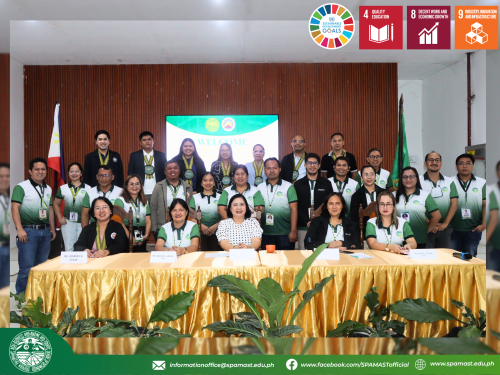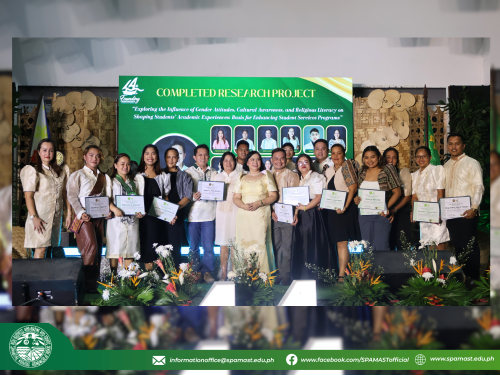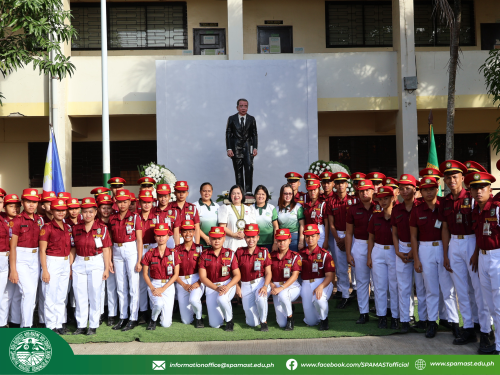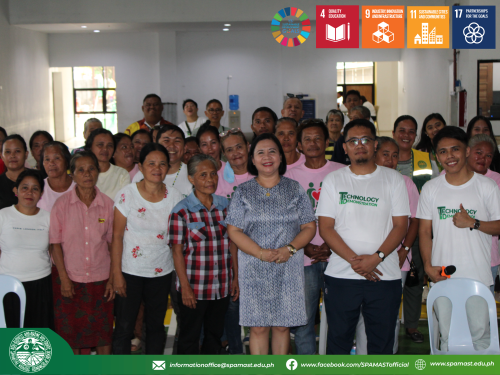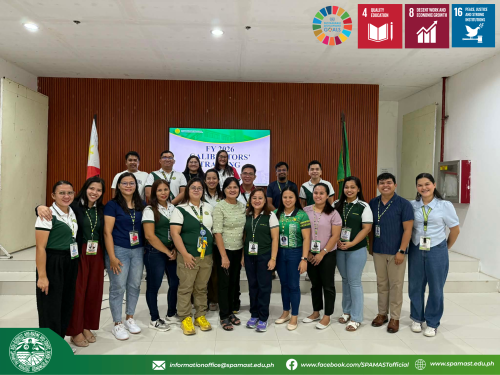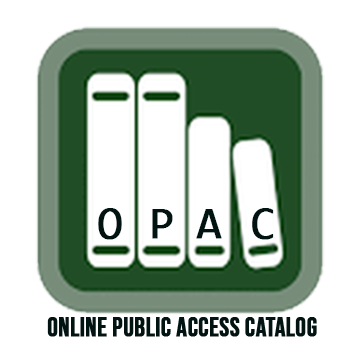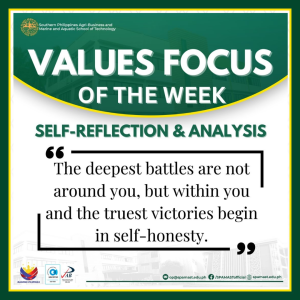 God created us in His image and likeness. There are certain dimensions of His nature and character that were imparted to us. Without our awareness, these aspects of His nature and character guide our conduct, thoughts, and words. Through our conscience, we are led to reflect from within and analyze our actions or words before doing or saying them.
God created us in His image and likeness. There are certain dimensions of His nature and character that were imparted to us. Without our awareness, these aspects of His nature and character guide our conduct, thoughts, and words. Through our conscience, we are led to reflect from within and analyze our actions or words before doing or saying them.
Self-reflection is not about lingering in our emotions, thoughts, and ideas. It is rising above them to see beyond (foresight), learning through them because of insight, and breaking through because of empowerment and enlightenment. Moreover, problems, challenging circumstances, and conflicts within would not be solved if we blame others. Finding fault with them will only lead us further down the path of sorrow, frustration, and disappointment.
Our outward complaints and expostulations reveal who we really are on the inside, for “out of the abundance of the heart, the mouth speaks.” It was mentioned by a wise king, “As a man thinks in his heart, so is he.” What we think and how we see others is a reflection of our true nature. Self-reflection, therefore, is observing our own thoughts and feelings. Self-analysis, on the other hand, is not to condemn ourselves but to objectively assess who we really are in order to correct, rebuke, and build ourselves further to become better individuals. Self-reflection and analysis point us toward our spiritual aspect, the dimension of God deposited in us, so that we may find light in the midst of darkness and ease our troubled hearts.
When we realize that everything springs from within, from who we really are according to God’s grand design, we start to walk in victory. We rise above our fears, frustrations, weaknesses, and disappointments because God fashioned us to be triumphant. As the poem Invictus (Latin for ‘unconquered’) by William Ernest Henley goes:
Out of the night that covers me, black as the pit from pole to pole,
I thank whatever gods may be for my unconquerable soul.
In the fell clutch of circumstance I have not winced nor cried aloud.
Under the bludgeonings of chance my head is bloody, but unbowed.
Beyond this place of wrath and tears looms but the Horror of the shade,
and yet the menace of the years finds and shall find me unafraid.
It matters not how strait the gate,
how charged with punishments the scroll,
I am the master of my fate, I am the captain of my soul.
𝑨𝑪𝑻𝑰𝑶𝑵 𝑷𝑳𝑨𝑵:
1. At the beginning and end of each day, try to count your blessings and how God has been good to you. Specifically identify and share them with your family members or colleagues during your small talks.
2. If conflicts or problems arise in a given circumstance, try asking yourself if you did something wrong or internalize the reasons why things are always going wrong for you. What is it? (Are they?) Pray and read the Holy Scripture. What is God saying about it? You can also ask accountability partners for any advice.
Values Restoration Officer: Mrs. Josephine L. Amor
